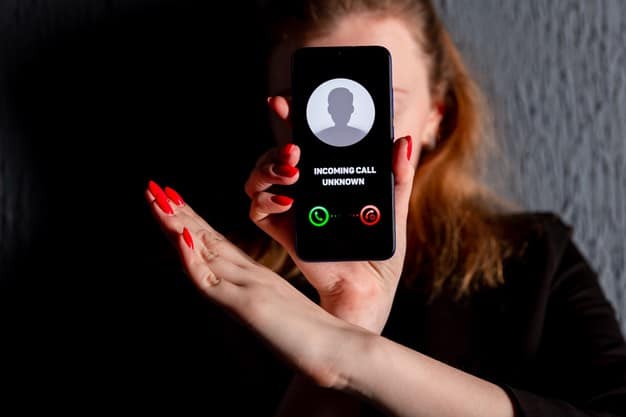Introduction
02045996818 who called me in Uk? | 020 area code: In today’s digital age, receiving unexpected calls is a common occurrence. The curiosity to know who is on the other end of the line often leads us to search for answers. If you’ve recently received a call with the 020 area code in the UK and find yourself wondering, “Who called me?” you’re in the right place. In this article, we will delve into the depths of this mysterious area code, uncovering its origins, common usage, and how you can identify callers. Let’s embark on this journey of discovery together.
Understanding the 020 Area Code
-
What Is the 020 Area Code?
The 020 area code is primarily associated with London, the capital city of the United Kingdom. It is one of the most recognizable and frequently used area codes in the country.
-
The History of the 020 Area Code
The history of the 020 area code dates back to the introduction of the National Telephone Numbering Plan in the UK in the year 1990. Prior to this change, London had the 071 and 081 area codes. The transition to 020 was part of a nationwide renumbering effort.
Why Are You Receiving Calls from the 020 Area Code?
-
Common Reasons for Calls
- Businesses and Telemarketing: Many businesses, including telemarketing agencies, use the 020 area code for their operations in London.
- Personal Contacts: If you have friends or family in London, their calls will likely display the 020 area code.
- Scammers and Robocalls: Unfortunately, scammers may also use this area code to deceive recipients.
How to Identify Callers from the 020 Area Code
- Caller ID and Smartphone Apps
You can often identify callers from the 020 area code by checking your caller ID. Modern smartphones also offer various apps that provide caller information, including the caller’s name and location.
- Online Reverse Phone Lookup Services
Several online services allow you to perform a reverse phone lookup. Simply enter the phone number, including the area code, and these services will provide you with information about the caller.
Protecting Yourself from Unwanted Calls
- Blocking Unwanted Calls
Most smartphones offer call-blocking features. If you receive repeated unwanted calls from the 020 area code, consider blocking the number.
- Be Cautious with Personal Information
Avoid sharing personal information, such as bank details or Social Security numbers, over the phone unless you are absolutely certain of the caller’s identity.
Conclusion
The 020 area code may hold the key to unraveling the mystery of who called you in the UK. While it’s often associated with legitimate callers, it’s essential to exercise caution and use available tools to identify unknown numbers. By staying vigilant, you can protect yourself from unwanted calls and enjoy peace of mind.
FAQs
- Are all calls from the 020 area code legitimate?
Not necessarily. While many legitimate calls originate from the 020 area code, it’s important to be cautious of potential scammers who may use this code.
- Can I block calls from the 020 area code on my smartphone?
Yes, most smartphones offer call-blocking features that allow you to block calls from specific numbers, including those with the 020 area code.
- Are there any free reverse phone lookup services for identifying callers from the 020 area code?
Yes, some online services offer free reverse phone lookup, but they may have limitations. Premium services often provide more detailed information.
- What should I do if I suspect a call from the 020 area code is a scam?
If you suspect a call is a scam, it’s best to hang up immediately and avoid sharing any personal information. You can also report the call to relevant authorities.
- Is the 020 area code used exclusively in London?
Yes, the 020 area code is primarily associated with London, but it may extend to nearby areas in some cases. Always verify the caller’s identity when in doubt.

